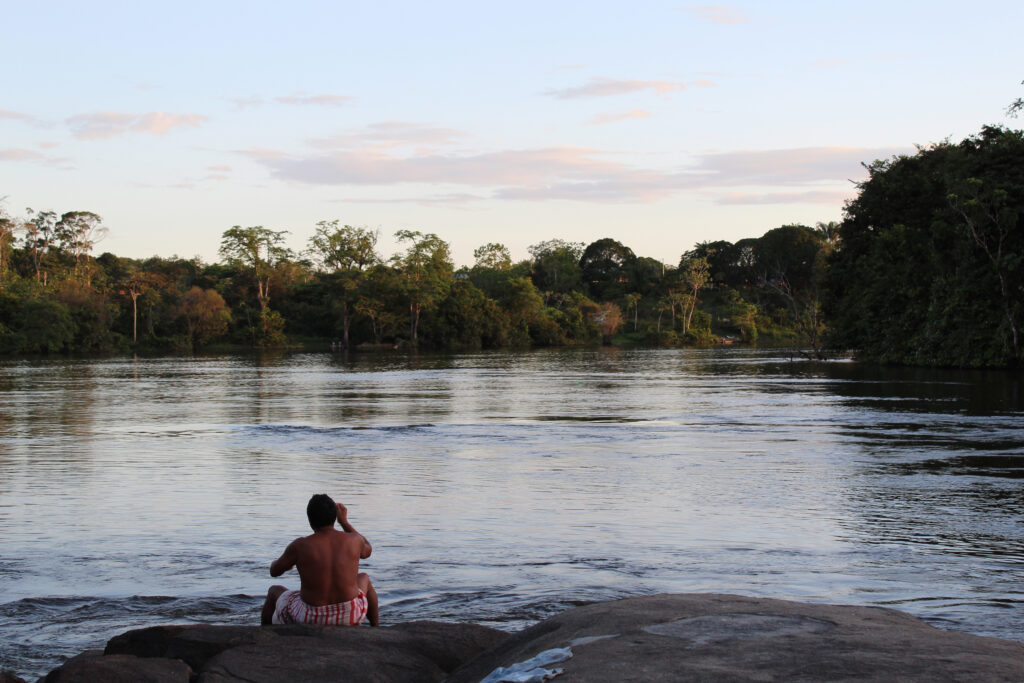Indigenous territories are a crucial bulwark against the destruction of the Amazon rainforest. A new peer-reviewed study shows they also safeguard the health of millions living there.
The study, published Thursday in the journal Communications Earth and Environment, examined the impact Indigenous territories have on human health across the Amazon biome, a region that’s home to 33 million people.
Amazonian municipalities located close to Indigenous lands with intact forest have reduced risk from two categories of health harms, the study found: fire-related illnesses and diseases spread by animals and insects.
The best outcomes were near Indigenous communities with legally recognized land titles.
The researchers, a team from across four countries and led by the International Union for Conservation of Nature and Natural Resources, used spatial, epidemiological and land-record data from 2000 to 2019 across eight Amazonian countries and French Guiana. Their study, they said, is the first to quantify the health benefits of Indigenous territories in the Amazon rainforest.


